Most Americans Don't Want an Electric Car. Here's Why
The United States is currently experiencing a substantial surge in electric vehicle (EV) adoption. Projections indicate that EVs will account for approximately 40% of total light vehicle sales by 2030, with some forecasts even suggesting it could exceed 50% by the end of the decade. However, despite the promising trend towards electrification in the U.S., a recent survey conducted by Yahoo Finance and Ipsos reveals that many Americans remain cautious about this transition.
Consumers continue to harbor concerns that significantly influence their decisions regarding fully electric vehicles or plug-in hybrids. These concerns encompass factors such as cost, driving range, available charging infrastructure, and environmental impact. In a collaborative effort, Yahoo Finance and Ipsos surveyed 1,025 Americans to gauge their preferences for EVs. The survey was conducted between September 29 and October 1, 2023.
The survey's findings indicate that 57% of respondents are not likely to consider purchasing an electric vehicle (whether fully electric or plug-in hybrid) when they next acquire a vehicle. In contrast, only 31% of respondents express a willingness to purchase an electric vehicle, while 11% remain uncertain about their preferences.
A closer examination of the demographic breakdown of those disinclined to opt for electric vehicles reveals some notable trends. Specifically, 70% of respondents aged over 65 would not consider an electric vehicle, along with 60% of respondents earning an annual income below $50,000. Additionally, a significant 76% of respondents identifying as Republicans are less likely to consider electric vehicles.
Stephanie Valdez-Streaty, Director of Industry Insights at Cox Automotive, points to various factors contributing to the hesitancy surrounding electric vehicles. She highlights concerns such as pricing, charging infrastructure, and what she calls "range anxiety," which she suggests is more aptly described as "infrastructure anxiety."
When asked about their most significant concerns regarding electric vehicle purchases, 70% of respondents in the Yahoo Finance/Ipsos poll cite concerns about overall cost, 73% express apprehension about driving range, and 77% note the lack of charging stations on the road or at home.
Interestingly, despite the overall skepticism, certain states, such as California, have seen electric vehicle purchases exceed 23%, outpacing the national average of approximately 8%, according to Cox's latest U.S. sales report. Valdez-Streaty attributes these regional disparities to state-level incentives and the effectiveness of educational efforts. Notably, while 52% of survey respondents support government incentive programs designed to promote EV purchases, only 30% are familiar with programs like the federal EV tax credit.
The survey also highlights some inconsistencies in respondents' views on government intervention. While a majority (54%) supports government programs aimed at reducing the country's dependence on fossil fuels, nearly two-thirds (61%) oppose restrictions on the sale of new gas-powered cars.
Conversely, among respondents who are likely to consider an electric vehicle or hybrid, those in the 35-49 age bracket are most inclined to do so (37%), as are 42% of those with an annual income exceeding $100,000. In terms of political affiliation, 41% of Democrats express a willingness to purchase an electric vehicle, while only 17% of Republicans share this sentiment.
Respondents also exhibit strong preferences for automakers when considering an electric vehicle purchase. Nearly one-third (30%) would most likely consider Toyota as their top choice for an electric vehicle, followed by Tesla at 23%, Honda at 20%, GM with 15%, and Ford at 14%.
With the White House aiming for 50% EV sales by 2030, policymakers face the challenge of convincing more Americans to embrace electric vehicles. Valdez-Streaty emphasizes the importance of pricing in making EVs more appealing to U.S. consumers. She notes that affordability is critical and highlights the federal tax credit as a valuable incentive, even though it currently applies to only a limited number of vehicles. She believes that as more affordable electric vehicles priced under $40,000 become eligible for the EV credit, this will play a significant role in driving EV adoption.
Remarkably, the survey also reveals that only 20% of buyers are aware of recent price cuts on electric vehicles, particularly by companies like Tesla and Ford. Similarly, only 20% are aware of recent charging agreements that will expand Tesla's Supercharging network to accommodate EVs made by GM, Ford, Mercedes, and others, addressing another major concern for buyers, which is charging infrastructure and range anxiety.
Become an AutoGuide insider. Get the latest from the automotive world first by subscribing to our newsletter here.
This article was co-written using AI and was then heavily edited and optimized by our editorial team.
More by AutoGuide.com Staff



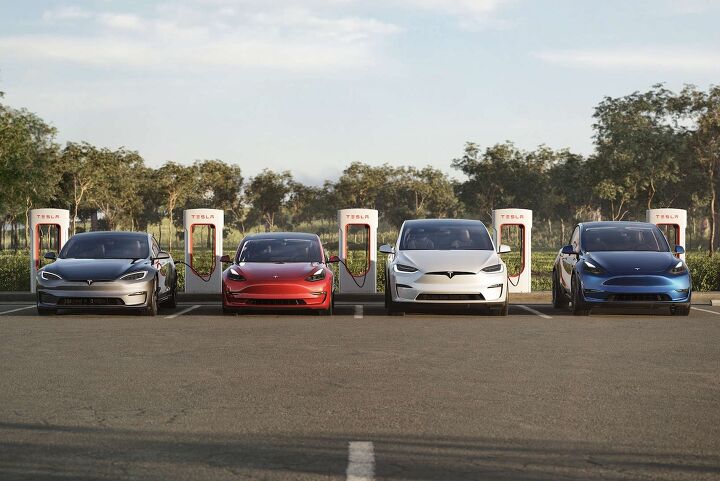




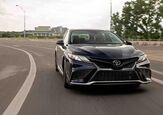
















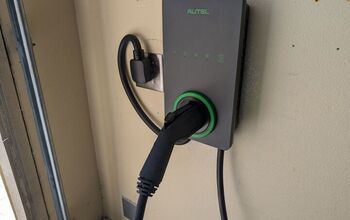
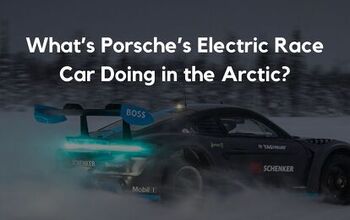


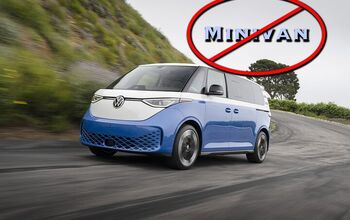

Comments
Join the conversation
I'm 74 and I drive my 2007 Ford Taurus no more than 3K miles a year. I do not need nor desire a car with all the latest bells and whistles, I only require a car that starts up and runs when I turn the key—that is, it's just transportation for me, not a "driving experience".
Spending money on an EV would be costly and wouldn't recoup any net savings or significantly impact my global warming footprint in my expected remaining lifetime. But there are other troubling details about EV's: the cost is prohibitive for my budget, the associated charges for more tires and home charging facilities are worrying, the lack of charging stations is a significant issue, and frankly I think the batteries are way too heavy, over-costly—and I firmly believe that the answer is related to smaller, cheaper and lighter batteries. I just don't think EV's are in their prime yet. It will happen, but I may not live long enough to see it.
Here's a couple of thoughts from someone who statistically "should" want an EV, but who has 0 interest. First, I live in a condo - I would have to get the AOAO to agree to put in chargers in the parking area, and to designate stalls for such. As we 'share' unallocated parking with a commercial area, I don't see that happening; or I would hate to think of the competition over using the chargers. And, as I already pay a monthly fee almost the amount of a mortgage, I do NOT want to do anything to increase the fee. Second, in Hawai'i, the vast majority of electricity is generated from BURNING OIL. So, the purported environmental advantages of an EV is reduced EVERY time an EV is charged in Hawai'i. Plus, I would need to consider what is done with "dead" battery packs (throw 'em in the ocean?!?).)